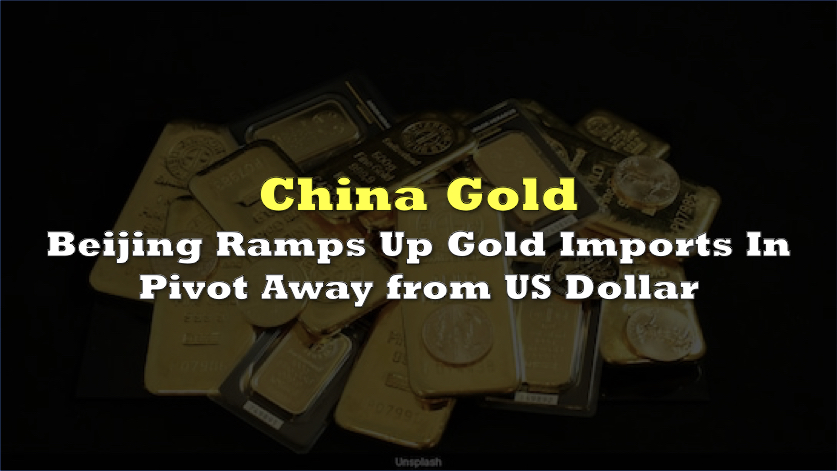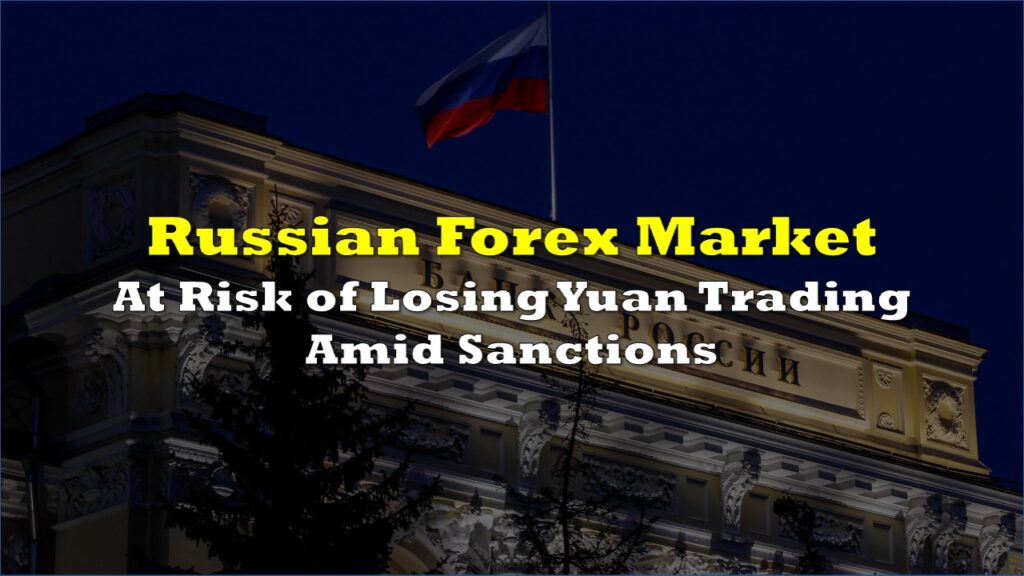The Chinese yuan continues to push the US dollar out of the Russian stock market, becoming the most traded currency for the first time ever.
According to estimates by Russian daily newspaper Kommersant using data from the Moscow Exchange (MOEX) which were later translated by Trend Daily News, the volume of transactions with the yuan surpassed $19.6 billion in February, which is one-third higher than January’s volume. Trading volume of the US dollar, meanwhile, rose only 8% to $18.8 billion, meaning that the greenback accounted for only 38% of total trading volume, marking a major decline from an 87.6% share just one year ago. In comparison, the the yuan’s share now stands at 40% of total trading volume, marking a significant increase from 0.32% last year.
The trading increase of the yuan is part of Russia’s broader move away from currencies it considers “unfriendly,” in wake of sanctions imposed by the West including the US and the EU. Simultaneously, the newspaper pointed to Chinese customs data showing trade turnover between China and Russia jumping nearly 30% over the past 12 months to above $190 billion, with half of Moscow’s trade turnover with Beijing denominated in yuan and rubles.
“Some large Russian companies have already completely switched to trading in yuan with China, some still maintain the parity of the Chinese currency with the dollar. We expect that the share of national currencies used in trade with China will increase in the coming months,” explained Sovcombank chief analyst Mikhail Vasilyev to Kommersant. The newspaper pointed out that the increase in yuan exchange trading was primarily driven by Russia’s fiscal rule mechanism, which entails yaun sales on the open market by the Russian Central Bank.
“The continuing risks of Western sanctions on the Moscow Exchange and the National Clearing Center, as well as the de-dollarization policy pursued by the Bank of Russia, also contribute to the decline in demand for the currency of unfriendly countries,” added Vasilyev.
Information for this briefing was found via the sources linked within the article. The author has no securities or affiliations related to this organization. Not a recommendation to buy or sell. Always do additional research and consult a professional before purchasing a security. The author holds no licenses.









